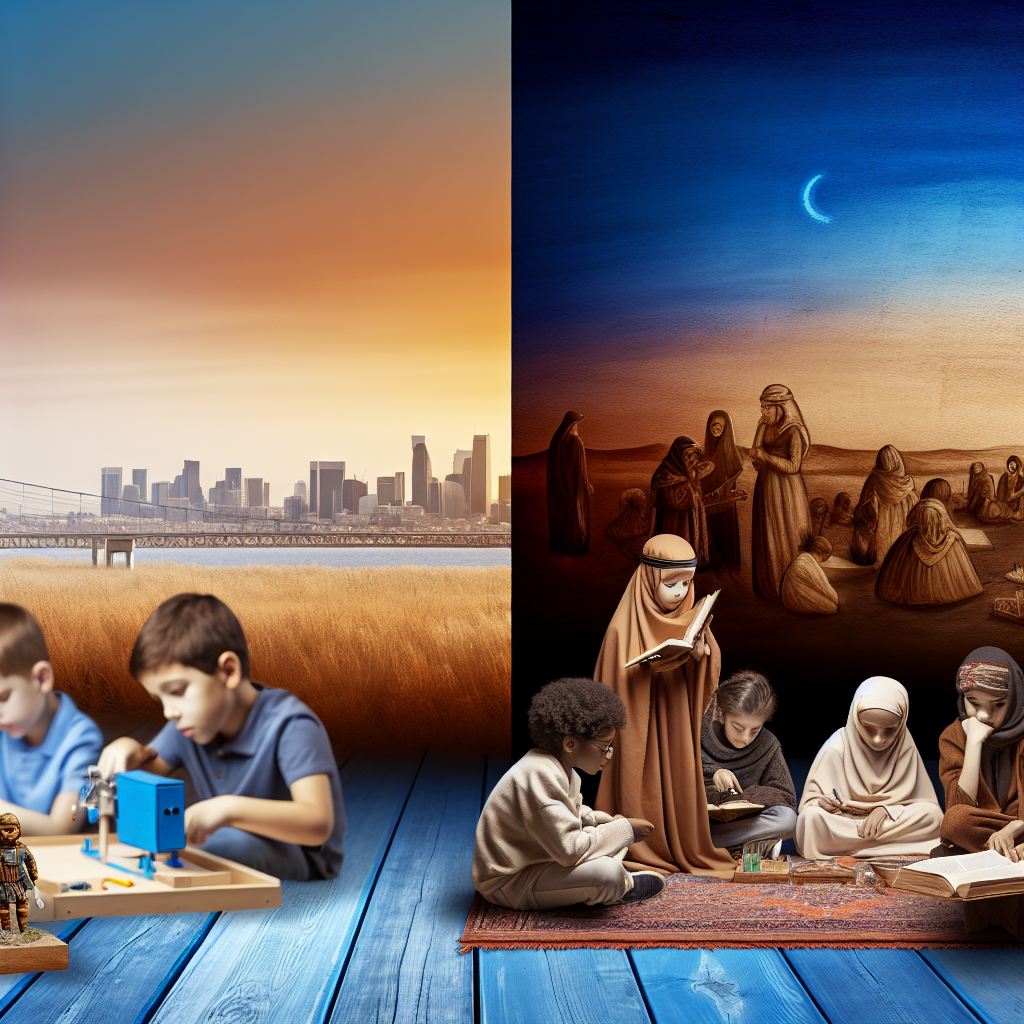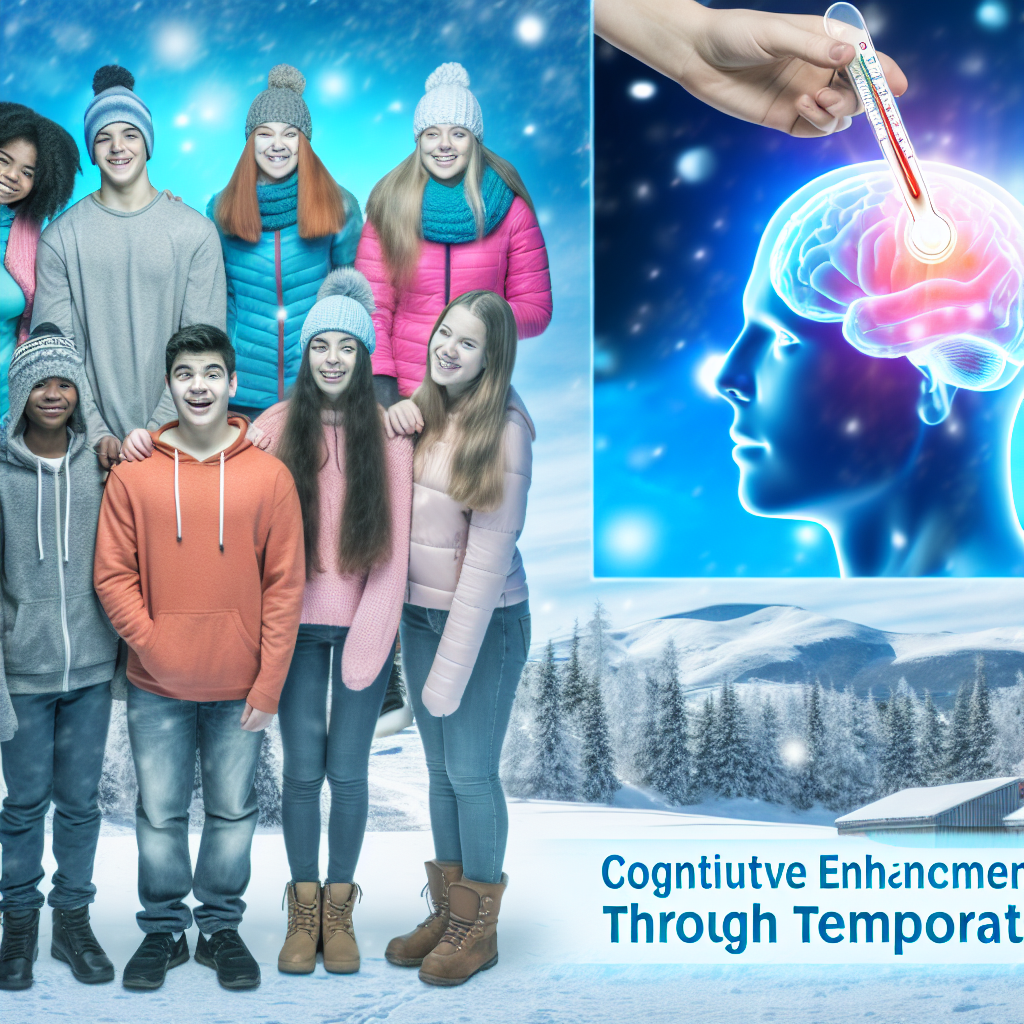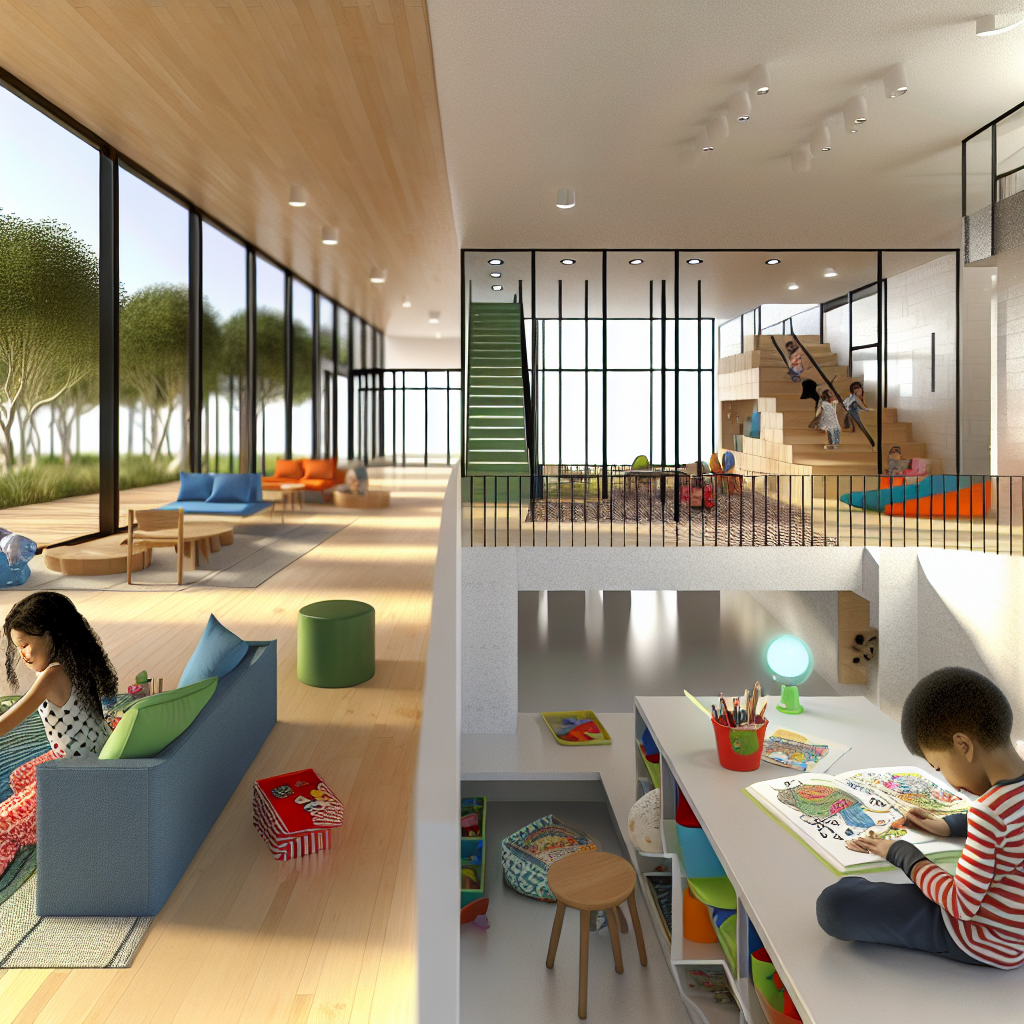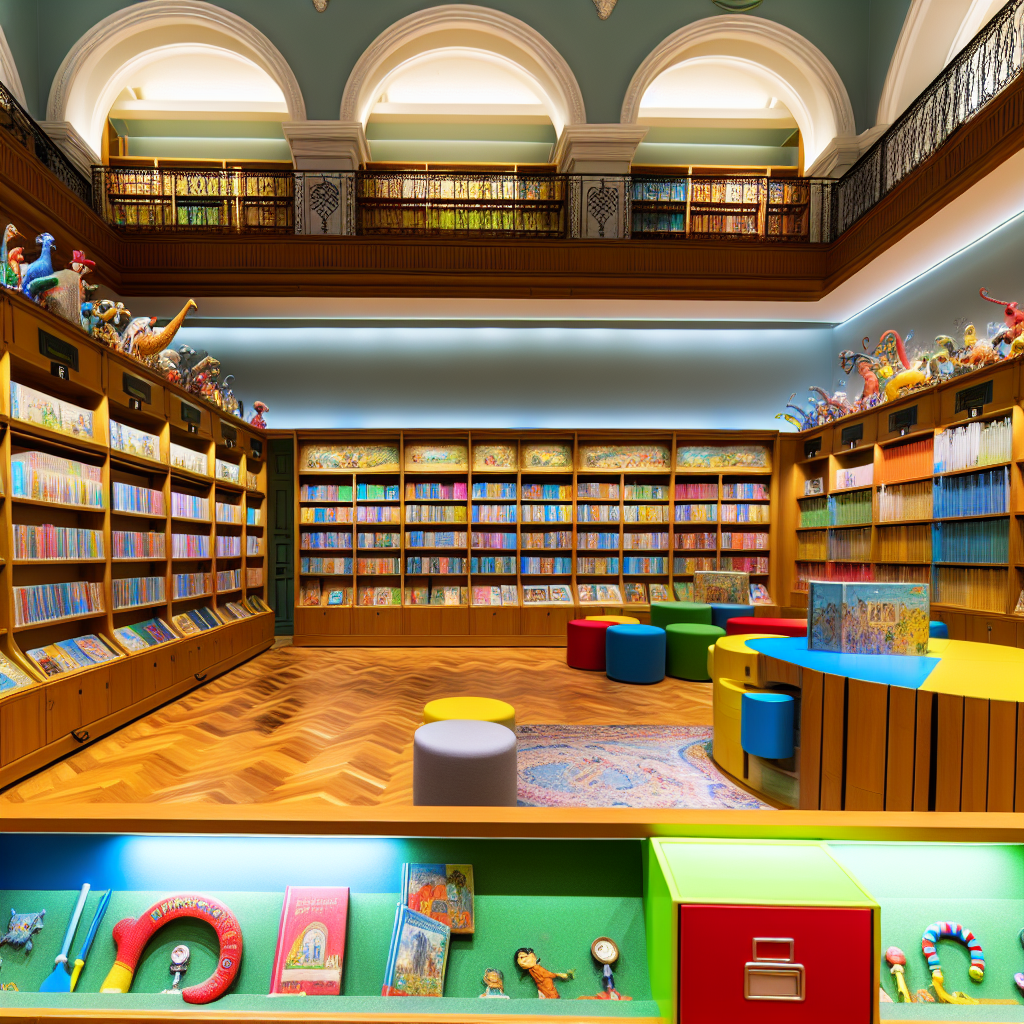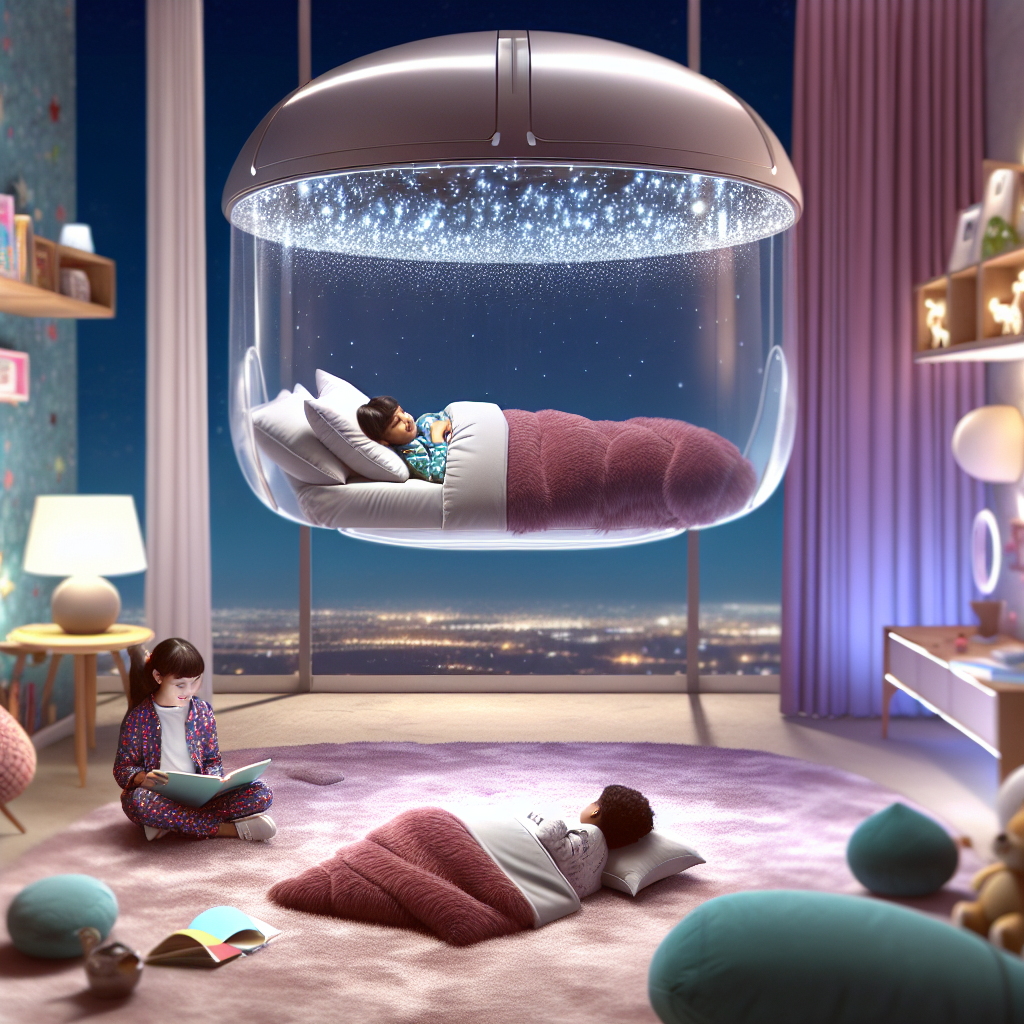Renaissance Weekend Retreats: How Elite Families Are Balancing STEM With Classical Education
In the rapidly evolving landscape of 21st-century education, STEM (Science, Technology, Engineering, and Mathematics) has long been hailed as the gold standard for preparing children for the future. Parents, especially those of privilege and means, have enthusiastically enrolled their children in coding camps, robotics competitions, and mathematics enrichment programs year-round.
However, a subtle but significant shift is underway among elite families who have begun to reevaluate what genuine educational excellence truly means.
Enter the Renaissance Weekend Retreats—a curated, immersive experience designed to blend the rigor of STEM education with the richness of classical and liberal arts studies. Built for high-achieving families who value multidimensional learning, these retreats aim to develop not just intellectual capabilities, but also emotional intelligence, cultural literacy, and moral reasoning.
These retreats offer a visionary yet simple premise: in a rapidly digitizing world, the thinkers and leaders of tomorrow will need more than just technical proficiency. They will need critical thinking, ethical grounding, and historical perspective—foundational elements derived from rigorous engagement with the humanities. Classic literature, philosophy, art history, and even ancient languages are making a comeback—not as alternatives to STEM, but as essential complements.
Picture an elegant chateau in the Loire Valley or a pristine estate nestled in Aspen’s mountains. Here, families engage in weekend-long interactive programs led by Rhodes Scholars, Ivy League professors, and renowned artists. Mornings are spent in cutting-edge robotics workshops hosted by MIT alumni, while afternoons offer enriching sessions in Socratic dialogue, fine arts, or classical studies.
This holistic blend empowers children to ask the bigger questions—not just how to code, but why, and whether we should. They dissect modern ethical dilemmas through the lenses of Aristotle and Kant, learning that true innovation must be accompanied by responsibility. For parents, this experience signifies an environment where learning becomes not transactional but transformational.
This synergy between technological prowess and cultural fluency is not accidental—it echoes the ancient ideal of the Renaissance individual: curious, grounded, and infinitely creative.
The Science Behind the Renaissance Approach
Recent studies increasingly support an integrated learning model. While technical proficiency remains essential, over-specialization can potentially hinder long-term development.
According to a significant 2021 study by the American Psychological Association, adolescents exposed to both STEM disciplines and liberal arts exhibited higher levels of cognitive flexibility, moral judgment, and creative problem-solving than those in STEM-only environments.
The study also identified that interdisciplinary learning supports enhanced neural connectivity, especially during crucial stages of social and cognitive development in adolescence. These findings make it clear: balanced education isn’t just a noble idea—it’s a neurologically sound imperative.
Why Emotional Intelligence and Creativity Are the Skills of the Future
The World Economic Forum’s Future of Jobs Report 2023 lists emotional intelligence, critical thinking, and creativity among the most crucial emerging skills for the modern workplace.
These traits are not cultivated in purely technical training environments, but flourish in settings that integrate philosophical, artistic, and cultural education. Renaissance Weekend Retreats recognize this and are helping children develop the human-centered skillsets that will define tomorrow’s professionals.
Dr. Emily Horne, a Stanford professor specializing in Ethics and Technology, describes the need for “moral technologists“—not just engineers, but morally sophisticated innovators capable of considering the long-term impacts of their creations. Dr. Horne frequently collaborates with these retreats to develop curricula that foster thoughtful, ethically aware decision-making.
Mental Wellness Through Balanced Learning
Beyond intellectual development, Renaissance Weekend Retreats also focus on a rising concern: youth mental health. A 2020 report published in the journal Pediatrics warned that intense, single-focus academic environments—like competitive STEM-only academies—often result in higher anxiety levels and reduced life satisfaction among gifted children.
In contrast, students immersed in a broader range of disciplines experience improved emotional balance, lower stress, and a greater sense of fulfillment. The Renaissance model promotes mental well-being through journaling, outdoor nature walks, group discussions, and creative activities.
Imagine hiking through lush landscapes while exploring environmental science, or sitting by candlelight analyzing Keats and Homer. These experiences provide grounding rituals that strengthen emotional resilience and keep children intellectually engaged without burnout.
Conclusion: Shaping Future Leaders Through Holistic Education
More than simply vacations for the elite, Renaissance Weekend Retreats represent a distinctive, forward-thinking approach to education—one that harmonizes STEM rigor with classical humanities. By embracing this multifaceted model, families are nurturing the next generation of technologically adept, ethically inspired, and globally attuned thinkers and leaders.
As AI, automation, and digital transformation continue to reshape the professional landscape, the individuals who thrive will be those who can think deeply, feel empathetically, and create boldly. In short, the Renaissance is returning—and it starts with weekends like these.
References
- American Psychological Association. (2021). Interdisciplinary Learning in Adolescents
- World Economic Forum. (2023). Future of Jobs Report
- Pediatrics Journal. (2020). Mental Wellness in High-Pressure Academic Environments
- Stanford University. Emily Horne, Department of Ethics and Technology
- The Guardian. (2022). Why We’re Bringing Latin and Logic Back to the Classroom
For more insights into curated educational experiences, visit kidluxury.com

Dominic E. is a passionate filmmaker navigating the exciting intersection of art and science. By day, he delves into the complexities of the human body as a full-time medical writer, meticulously translating intricate medical concepts into accessible and engaging narratives. By night, he explores the boundless realm of cinematic storytelling, crafting narratives that evoke emotion and challenge perspectives. Film Student and Full-time Medical Writer for ContentVendor.com
